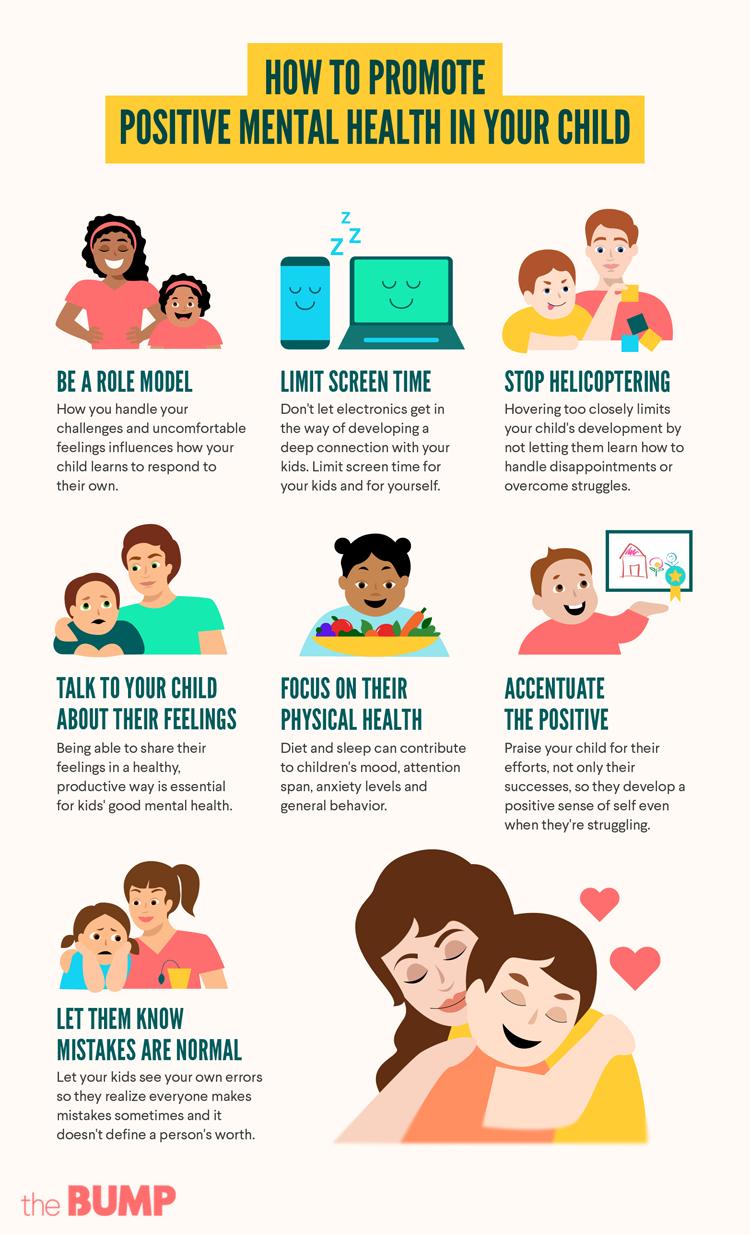
Gentle Discipline for Challenging Behaviors
Understanding Challenging Behaviors
Children, especially young ones, often exhibit challenging behaviors. These behaviors, ranging from tantrums and defiance to hitting and biting, can be incredibly frustrating for parents. It’s crucial to remember that these behaviors are often communication attempts. Children may not have the vocabulary or emotional regulation skills to express their needs or feelings appropriately. Understanding the underlying cause of the behavior—hunger, tiredness, overstimulation, or unmet needs—is the first step towards addressing it effectively.
The Gentle Discipline Approach
Gentle discipline focuses on building a strong, loving parent-child relationship. It prioritizes connection and empathy over punishment. The goal isn’t to control the child’s behavior through fear or intimidation, but rather to guide and teach them self-regulation and appropriate social skills. This approach involves understanding the child’s perspective, validating their feelings, and teaching them better ways to cope with challenging situations.
Setting Clear Expectations and Boundaries
While gentle, this method is not permissive. Clear expectations and consistent boundaries are vital. Children thrive on structure and predictability. Establish rules that are age-appropriate and clearly communicated. Using positive language, focusing on what the child *should* do rather than what they *shouldn’t* do, is more effective. For instance, instead of “Don’t hit your brother,” try “Use gentle hands with your brother.”
Responding with Empathy and Understanding
When a challenging behavior occurs, resist the urge to react emotionally. Take a deep breath and try to understand what might be causing the behavior. Is your child hungry, tired, or feeling overwhelmed? Acknowledge their feelings with empathy. Phrases like, “I see you’re feeling really frustrated right now,” can help the child feel heard and understood. This connection is crucial for de-escalating the situation.
Teaching Self-Regulation Skills
Gentle discipline is not just about reacting to challenging behaviors; it’s also about proactively teaching children self-regulation skills. This includes helping them identify and label their emotions, teaching coping mechanisms like deep breathing or taking a break, and modeling appropriate behavior. Regularly engaging in activities that promote emotional intelligence, such as reading books about feelings or playing games that require cooperation, can be beneficial.
Positive Reinforcement and Rewards
Focusing on positive reinforcement is key. Catch your child being good and praise their positive behaviors. Instead of solely focusing on correcting negative actions, highlight and reward the desired behaviors. This strengthens the positive behaviors and makes them more likely to be repeated. Rewards don’t necessarily have to be material; praise, hugs, and special time together can be equally effective.
Time-Outs: A Gentle Approach
While time-outs are often associated with punishment, they can be used constructively within a gentle discipline framework. The focus here isn’t about isolating the child as punishment but providing them with a calm space to regulate their emotions. Explain the purpose of the time-out—to calm down—and help your child understand how to use it effectively. Ensure the time-out is a short, quiet space, not a scary or isolating experience.
Natural and Logical Consequences
Instead of imposing arbitrary punishments, consider using natural and logical consequences. If a child refuses to put away their toys, the natural consequence might be that they can’t play with them until they are tidied. This helps the child connect their actions with their consequences and learn responsibility. Remember that the goal is to teach, not to punish. The consequences should be age-appropriate and designed to help the child learn from their mistakes.
Consistency and Patience
Gentle discipline requires consistency and patience. It’s a long-term process that requires ongoing effort. There will be setbacks and challenges along the way, but remaining consistent with your approach and maintaining a loving and supportive relationship with your child will ultimately yield positive results. Remember to celebrate your successes and be kind to yourself during the challenging moments.
Seeking Professional Support
If you’re struggling to manage challenging behaviors on your own, don’t hesitate to seek professional support. A therapist or counselor specializing in child development can provide guidance and strategies tailored to your child’s specific needs. They can help you identify underlying issues and develop a comprehensive plan to address challenging behaviors effectively. Visit here for information about gentle parenting podcasts.








